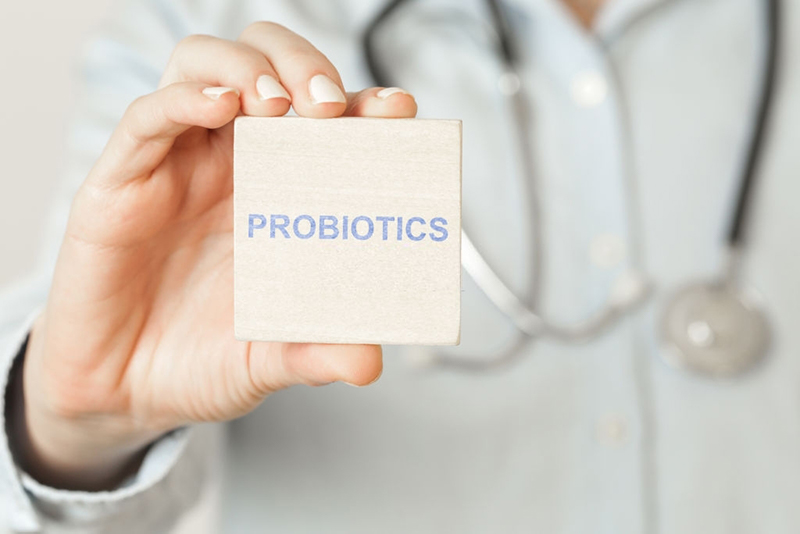What are probiotics, exactly?
Probiotics are live bacteria that are consumed or administered to the body to provide health advantages. They’re in yogurt and other fermented foods, as well as dietary supplements and cosmetics.
Although bacteria and other microorganisms are commonly thought of as destructive “germs,” many of them are actually beneficial. Some bacteria aid in the digestion of food, the destruction of disease-causing cells, and the production of vitamins. Many of the bacteria found in probiotic products are the same as or comparable to those found in our bodies naturally. probioticseverything.comprobiotic definition
What bacteria are found in probiotics?
Probiotics can include a wide range of microorganisms. Bacteria from the Lactobacillus and Bifidobacterium genera are the most frequent. Other bacteria, as well as yeasts like Saccharomyces boulardii, can be utilized as probiotics.
Probiotics come in a variety of forms, each with its own set of benefits. For example, just because one type of Lactobacillus helps prevent an illness doesn’t indicate another type of Lactobacillus or any of the Bifidobacterium probiotics would do the same. probioticseverything.comprobiotic definition
Are prebiotics and probiotics the same thing?
No, prebiotics and probiotics are not the same thing. Prebiotics are nondigestible food ingredients that promote the growth or activity of beneficial bacteria. probioticseverything.comprobiotic definition
What are synbiotics, exactly?
Synbiotics are probiotics and prebiotics combined in one product. probioticseverything.com
How well-known are probiotics?
According to the 2012 National Health Interview Survey (NHIS), about 4 million (1.6 percent) of individuals in the United States had used probiotics or prebiotics in the previous 30 days. Other than vitamins and minerals, probiotics or prebiotics were the third most popular dietary supplement among adults. Between 2007 and 2012, the use of probiotics by adults doubled. In the 30 days leading up to the poll, 300,000 children aged 4 to 17 (0.5 percent) consumed probiotics or prebiotics, according to the 2012 NHIS. probioticseverything.comprobiotic definition
What role do probiotics play in the body?
Probiotics can have a number of impacts on the body, and they can operate in different ways depending on the probiotic.
Probiotics have the potential to:
Aid in the maintenance of a healthy microbiome in your body, or aid in the restoration of a healthy microbiome once it has been disturbed.
Produce compounds with desired outcomes.
Influence your immune system’s response. probioticseverything.comprobiotic definition
In the United States, how are probiotics regulated?
In the United States, probiotic regulation is complicated. The US Food and Medication Administration (FDA) may regulate a probiotic product as a dietary supplement, a food additive, or a drug, depending on its intended usage.
Many probiotics are offered as dietary supplements, which are not subject to FDA approval before being sold. Dietary supplement labels can make statements about how the supplement affects the structure or function of the body without FDA approval, but they can’t make health claims like suggesting the supplement reduces your risk of contracting a disease.
If a probiotic is to be sold as a medicine to treat a disease or problem, it must meet more stringent criteria. Before it can be sold, it must be proven safe and effective for its intended use in clinical trials and authorized by the FDA. probioticseverything.comprobiotic definition
What research has been done on the efficacy of probiotics for various health conditions?
Probiotics have been the subject of a lot of research, but there’s still a lot to learn about whether they’re beneficial and safe for certain health conditions.
Probiotics have shown promise in preventing antibiotic-associated diarrhea (including Clostridium difficile diarrhea), preventing necrotizing enterocolitis and sepsis in premature infants, treating infant colic, treating periodontal disease, and inducing or maintaining remission in ulcerative colitis, to name a few. probioticseverything.com
However, we still don’t know which probiotics are beneficial and which aren’t in the majority of cases. We also have no idea how much probiotic people would need to take or who would benefit the most. Researchers are continually attempting to find answers to these concerns, even for the disorders that have been researched the most.
The sections that follow outline the research on probiotics for some of the disorders that have been researched. probioticseverything.comprobiotic definition
Is it possible for probiotics to be harmful?
-Probiotics have a long history of use that appears to be safe, especially in healthy persons. However, because few research have looked into the safety of probiotics in depth, there is a scarcity of data on the frequency and severity of side effects.
-People with serious illnesses or impaired immune systems are more likely to have negative effects from probiotics. When considering probiotics for high-risk populations, such as premature infants or very ill hospital patients, the hazards and benefits of probiotics should be carefully assessed.
-Infections, the creation of toxic compounds by probiotic microorganisms, and the transfer of antibiotic resistance genes from probiotic microorganisms to other microorganisms in the digestive tract are all possible side effects of probiotics.
-It’s been noted that some probiotic products contain bacteria that aren’t specified on the label. These pollutants may cause substantial health hazards in some cases. probioticseverything.comprobiotic definition

